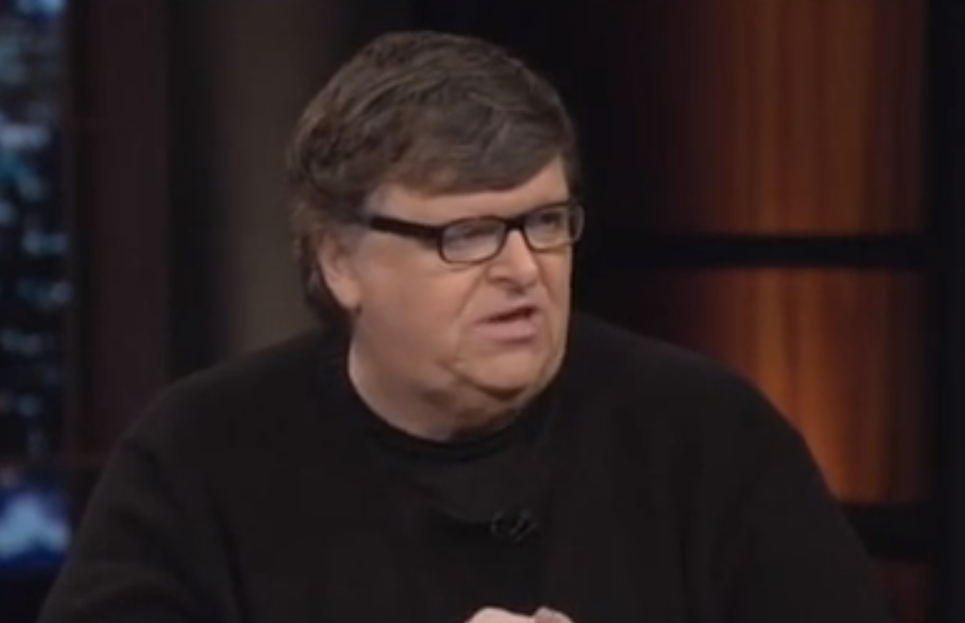Documentary film-makers have lost sight of why people like to go to the cinema, said Michael Moore during his keynote speech at the Toronto film festival.
The Oscar-winning film-maker is in town to celebrate the 25th anniversary of Roger & Me, his movie on the closure of General Motors plants in his hometown of Flint, Michigan. He used his talk to criticise the joyless nature of many modern documentaries and said that many film-makers, particularly on the left, had lost their sense of humour.
"People don't want medicine, they want popcorn," he said. "Entertainment is the big dirty word of documentary. 'Oh no! I've entertained someone. I've cheapened my movie!'"
Moore recalled taking a cinema seat around in a van when he shot Roger & Me ("to remind the crew about the audience"). "If you want to make a speech, join a political party," he said. "If you want to give a sermon become a priest. Want to give a lecture? Be a teacher. Make a movie! If you make a movie, people might go and see your documentary."
Moore's 2004 film, Fahrenheit 9/11, is the highest-grossing documentary of all time, taking close to $120m (£75m) at the US box office to date. The film, which won the Palme d'Or at the 2004 Cannes film festival, uses Moore's trademark mix of comedy, factual analysis and on-camera confrontation to deliver a stinging attack on the Bush administration's case for the 2003 invasion of Iraq and the subsequent lack of dissent by the press.
The director, who won the best-documentary Oscar for his 2003 film, Bowling for Columbine, suggested that documentaries should be judged as an entertainment product like any other – as something to entertain on a night out.
"People want to go home and have sex after your movie," he said. "Don't make them feel 'Urggggghhhh'. Don't do that to your fellow sexually active people.
"If you can't accept that you're an entertainer with your truth, get out of the business," he said. "[America] needs more teachers ... and we need to pay them Hollywood wages."
Moore's speech, which overran by almost double its allotted time ("I told them I wouldn't go more than 50% longer than Fidel would normally do"), was well-received by an audience that included a good number of his fellow documentary film-makers. He said he hoped that a resurgence in the form was not far off, but that directors needed to stop looking for excuses as to why their films weren't getting a bigger audience.
"Blame studios, blame distributors, blame financiers, but let's take a moment to blame ourselves," he said.
Leave a Comment
Related Post
